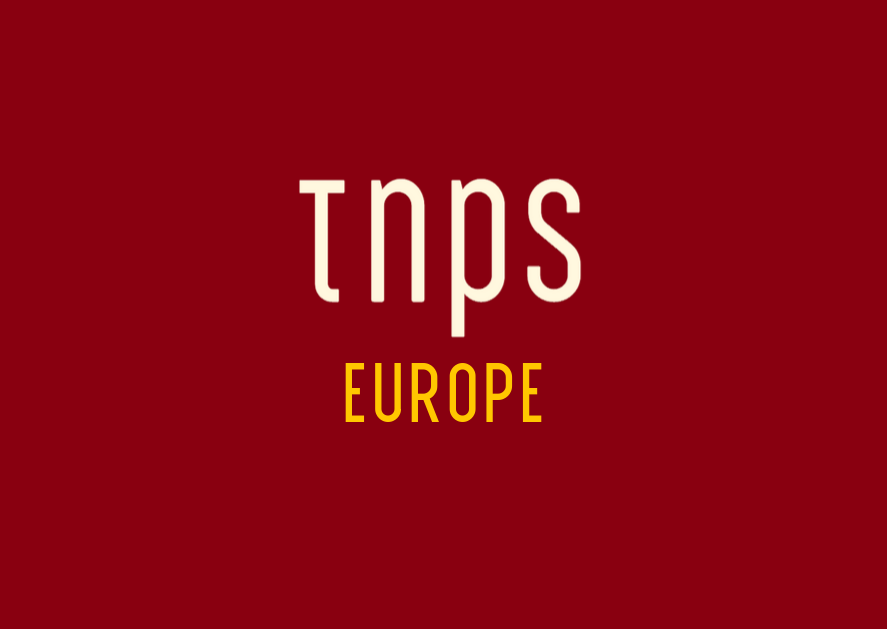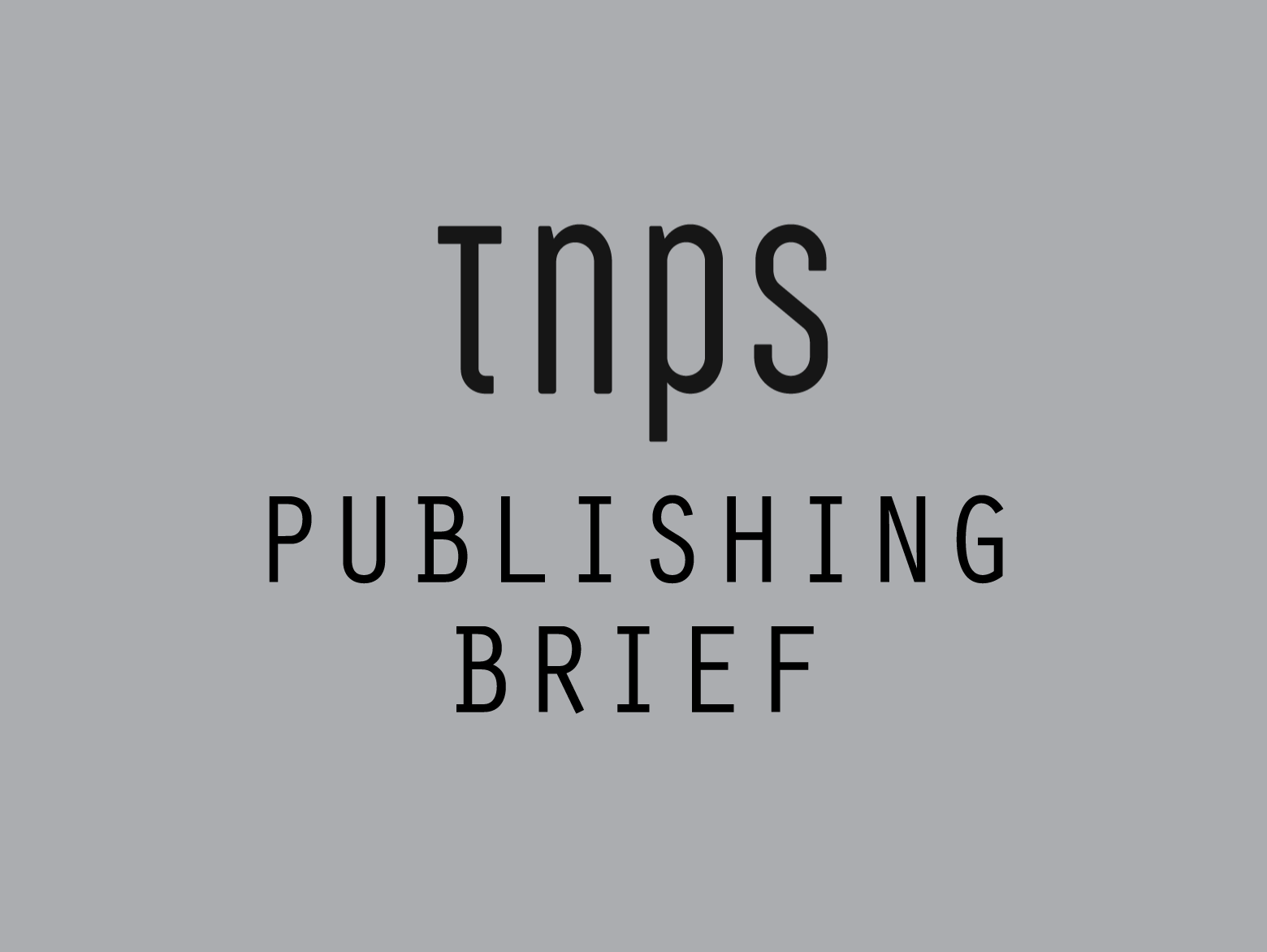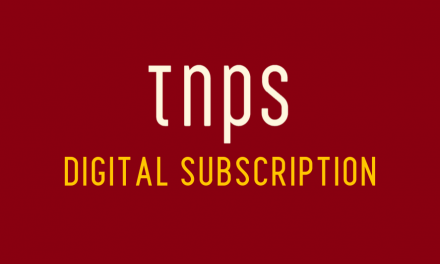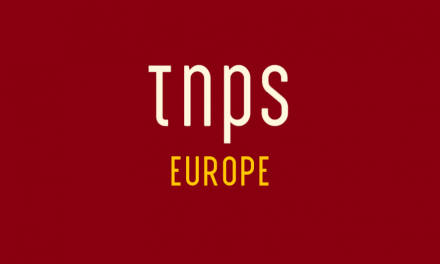Moving forward without engaging with AI is to miss a huge opportunity to level the paying field.
At a recent conference held at Latvia’s parliament, Saeima, Daiga Mierina outlined a bold vision for the future of book publishing.
As reported by the Baltic Times, Mierina said the survival and growth of Latvian publishing now depend on the industry’s ability to adapt to the digital age.
For small-population, minor-language countries like Latvia, the challenge is twofold: to preserve the power of the printed word—which is deeply intertwined with national identity—and to harness emerging digital forms such as ebooks, audiobooks, interactive publications, and online magazines.
Balancing Print Heritage and Digital Innovation
Mierina reassured her audience that printed books will always have a place, given their intrinsic cultural and aesthetic value. But she stressed the popularity of digital formats is not to be ignored.
The ongoing shift has already seen readers turn to new media for convenience and dynamism—trends that publishers must account for when planning future strategies.
In Latvia, this digital transition is coupled with an important cultural milestone: the 500th anniversary of the first book printed in Latvian. This celebration not only highlights the enduring influence of the printed word but also reinforces that language remains a core pillar of national identity.
Transforming Libraries into Cultural Hubs
Another major theme of the conference was the vital role of libraries in an evolving educational landscape. Mierina noted that libraries, particularly those in regional areas, are more than just book repositories – they are community centres that support local cultural life and social activities. The call to modernise these institutions involves developing innovative services that meet contemporary needs, ensuring libraries remain at the forefront of educational and cultural development.
Conference Insights: Fostering a Reading Culture
The conference was divided into three distinct sections, each addressing a crucial aspect of modern reading and library services:
“Society of the Future – I Read, Therefore I Am” explored reading as an evolving phenomenon in the digital era.
“School Libraries – What Do We Expect?” focused on the changing role of school libraries in nurturing the next generation of readers and learners.
“Library as a Guarantor of the Success of Social Development in the Digital Age” looked at how libraries can be pivotal in driving social progress through innovative digital services.
The View From The Beach
Latvia’s experience offers valuable lessons for other small-population, minor-language countries. But one cannot help but notice the absence of any discussion of AI, at least as reported.
Moving forward without engaging with AI is to miss a huge opportunity to level the paying field.
This post first appeared in the TNPS LinkedIn newsfeed.





